Have you ever found yourself curious about how essential oils can enhance your wellness journey? The world of essential oils is fascinating and can offer you a diverse range of benefits for both mental and physical well-being. In this guide, you’ll discover ten essential oils that are considered staples for wellness, along with tips to help you make informed buying decisions.
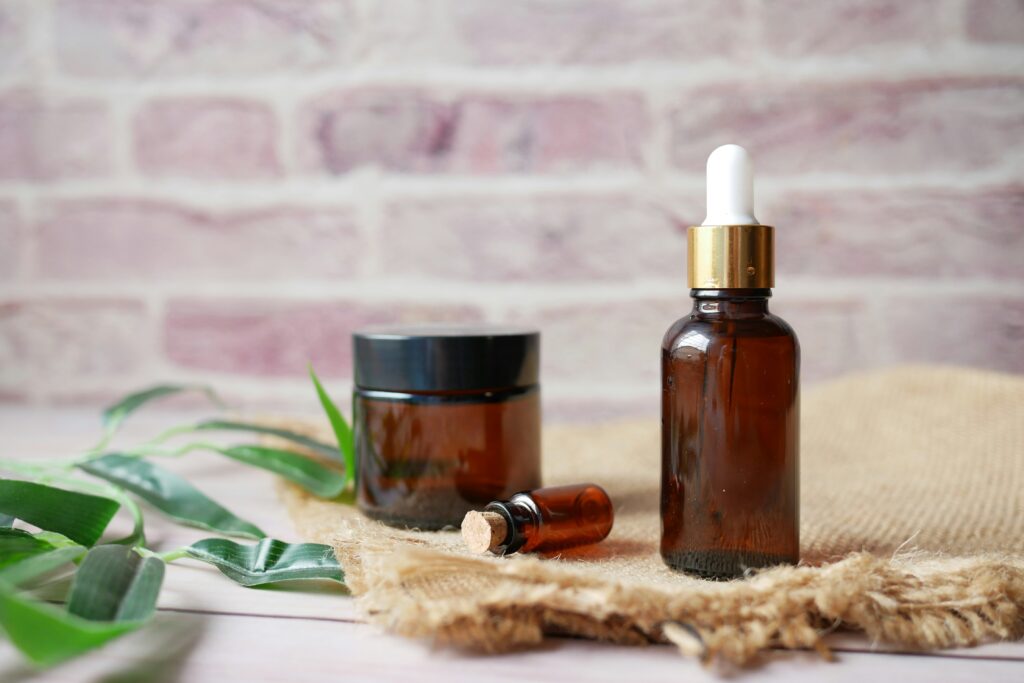
Understanding Essential Oils
Before diving into the specifics, it’s important to grasp what essential oils are. Essentially, these are concentrated plant extracts that capture the plant’s natural scent and flavor, or “essence.” They are obtained through distillation (via steam or water) or mechanical methods, such as cold pressing. Once the aromatic chemicals are extracted, they are combined with carrier oils to create a product that’s ready for use.
How Do Essential Oils Work?
Essential oils work through aromatherapy, where the aroma molecules are inhaled and absorbed into the bloodstream. This can occur through various methods, including diffusion, inhalation, and topical application. The therapeutic potential of essential oils can impact both physical and psychological aspects of health, which is why they have been utilized in traditional and modern medicine practices alike.
Safety Considerations
Although essential oils are natural, it’s crucial to handle them with care. Always dilute them with a carrier oil before applying to your skin to avoid irritation. It’s also wise to perform a small patch test on your skin before more extensive use. Additionally, certain oils should be avoided during pregnancy or if you have specific health conditions. Always consult with a healthcare professional if you are unsure.
Why Use Essential Oils?
There are several reasons why people turn to essential oils. They can aid in relaxation, improve focus, boost energy, purify spaces, and even offer culinary benefits. Understanding why you want to incorporate them into your life can help guide your purchasing decisions.
Aromatic Benefits
One of the primary benefits of essential oils is their ability to influence mood and emotions. Scents have a direct pathway to the limbic system, which is the part of the brain involved in motivation, emotion, learning, and memory. This connection can help you manage stress, feel more alert, or even enhance your mood.
Topical Applications
Beyond scent, essential oils can also be used to promote skin health, support sore muscles, and offer soothing comfort. They are commonly incorporated into skincare products or massage practices, where they blend therapeutic benefits with pleasing fragrances.
Internal Use
Some essential oils are safe for culinary use and can be ingested in small, controlled quantities. Drops of essential oils like lemon or peppermint can enhance the flavor of food and beverages. However, it’s crucial to ensure the oils you use are food-grade quality and approved for such use.
The Top 10 Essential Oils For Wellness
Let’s explore the ten essential oils that are often recommended for enhancing wellness. These are commonly sought in health circles for their versatile and supportive properties.
1. Lavender Oil
Lavender is often synonymous with relaxation. Known for its calming and balancing effects, lavender oil can assist with reducing anxiety, promoting restful sleep, and providing pain relief. This versatile oil is a favorite for diffusing at bedtime or adding to baths for a soothing experience.
2. Peppermint Oil
Peppermint oil is known for its invigorating scent that can enhance mental clarity and focus. It’s an excellent choice if you need a quick energy boost. Topically, it can provide cooling relief for pain and inflammation, particularly headaches and muscle soreness.
3. Lemon Oil
The fresh, uplifting scent of lemon oil can purify the air and improve mood. It’s also known for its ability to cleanse and energize. In household cleaning, lemon oil is celebrated for its powerful antibacterial and antiviral properties.
4. Eucalyptus Oil
Eucalyptus oil is exceptional for respiratory health. It can help clear the airways, making it a go-to choice during cold and flu season. Its antimicrobial properties also make it beneficial for cleaning and deodorizing spaces.
| Use | Method |
|---|---|
| Mental Clarity | Diffuse in your workspace |
| Pain Relief | Add to a carrier oil and massage sore muscles |
5. Tea Tree Oil
Tea tree oil is renowned for its antiseptic and anti-inflammatory properties, making it highly effective for skin concerns like acne and minor cuts. It’s also used for treating fungal infections. When used with a carrier oil, it can be applied directly to the skin.
6. Frankincense Oil
Often referred to as the “King of Oils,” frankincense is revered for its ability to promote cellular health and support the immune system. It’s also valued for meditative practices as it helps cultivate a sense of inner peace and mindfulness.
7. Rosemary Oil
Rosemary oil’s herbaceous scent is excellent for improving concentration. It also supports hair health, making it a popular choice in natural hair care. Additionally, its antifungal and antibacterial properties make it a versatile oil for wellness.
8. Chamomile Oil
Chamomile isn’t just for tea—it’s also an excellent oil for reducing stress and supporting sleep. Its anti-inflammatory and analgesic properties also make it useful for soothing skin irritation and muscle discomfort.
9. Ylang Ylang Oil
With its sweet, floral scent, ylang ylang oil can help you diminish stress and improve mood. It’s often used in perfumes but can also promote healthy skin and hair when diluted and applied topically.
10. Cedarwood Oil
Cedarwood offers a warm, woody aroma that has grounding effects. This essential oil is known to improve focus and assist with sleep, making it a versatile component for both mental and physical well-being.
How to Choose Quality Essential Oils
Now that you’re familiar with the top essential oils for wellness, understanding how to select high-quality products is the next step. Here’s what you need to look for:
1. Pure and Authentic
Ensure the oil is 100% pure without synthetic additives. This often means choosing oils that are labeled as pure essential oils, indicating minimal processing beyond extraction. Purity is vital for both potency and safety.
2. Therapeutic Grade
While not an official standard, “therapeutic grade” can indicate higher quality. This suggests the oils were manufactured to maximize their potentially beneficial properties.
3. Price Point
Keep in mind that price often reflects quality. Extremely low-cost oils may be diluted or adulterated. While you don’t need to buy the most expensive product, be wary of deals that seem too good to be true.
4. Reputation of Brand
Consider purchasing from reputable brands that provide transparency about their sourcing and testing processes. Look for brands that provide GC/MS (Gas Chromatography/Mass Spectrometry) test results, verifying the chemical composition of the oils.
| Feature | What to Look For |
|---|---|
| Purity | 100% pure essential oil label |
| Therapeutic Grade | Indication of wellness-focused quality |
| Pricing | Mid-range for assurance of quality |
| Brand | Transparency and reputation |
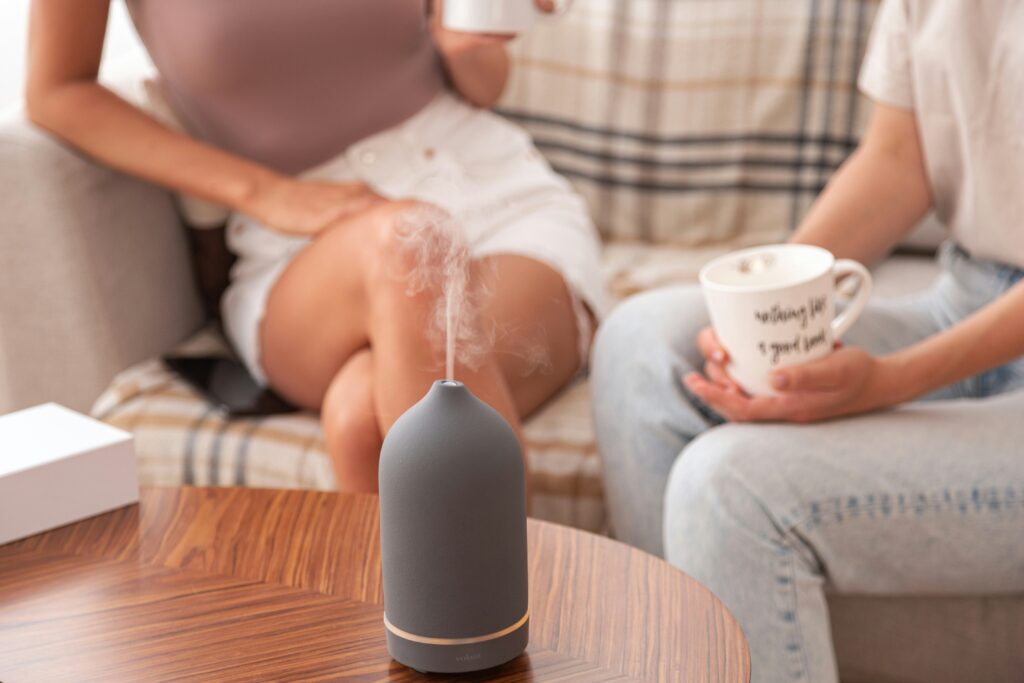
Usage Tips for Essential Oils
To make the most out of your essential oil collection, here are a few tips to consider:
Dilution Ratios
Always dilute essential oils with a carrier oil before applying them to your skin. A general recommendation is a 2% dilution for everyday use, which means adding about 12 drops of essential oil per ounce of carrier oil.
Storing Your Oils
Store your essential oils in a cool, dark place to preserve their shelf life. Amber or cobalt glass bottles are ideal as they protect the oils from sunlight, which can degrade their quality.
Blending Oils
Experimenting with different combinations can achieve bespoke scents and unique therapeutic benefits. Start with mixing oils that have similar properties, such as lavender and chamomile for relaxation, or lemon and peppermint for energy and focus.
Pay Attention to Expiry Dates
Essential oils do not spoil like food, but they do change over time. Citrus oils typically have shorter shelf lives compared to others. Make a habit of checking expiry dates to ensure you are using oils while they are most effective.
Final Thoughts
Incorporating essential oils into your wellness routine can bring diverse health benefits and enhance your quality of life. By understanding what to look for and how to use these oils effectively and safely, you can make informed purchases that align with your personal wellness goals. Whether you’re seeking relaxation, energy, or mental clarity, these ten essential oils can be valuable allies on your journey to better health.
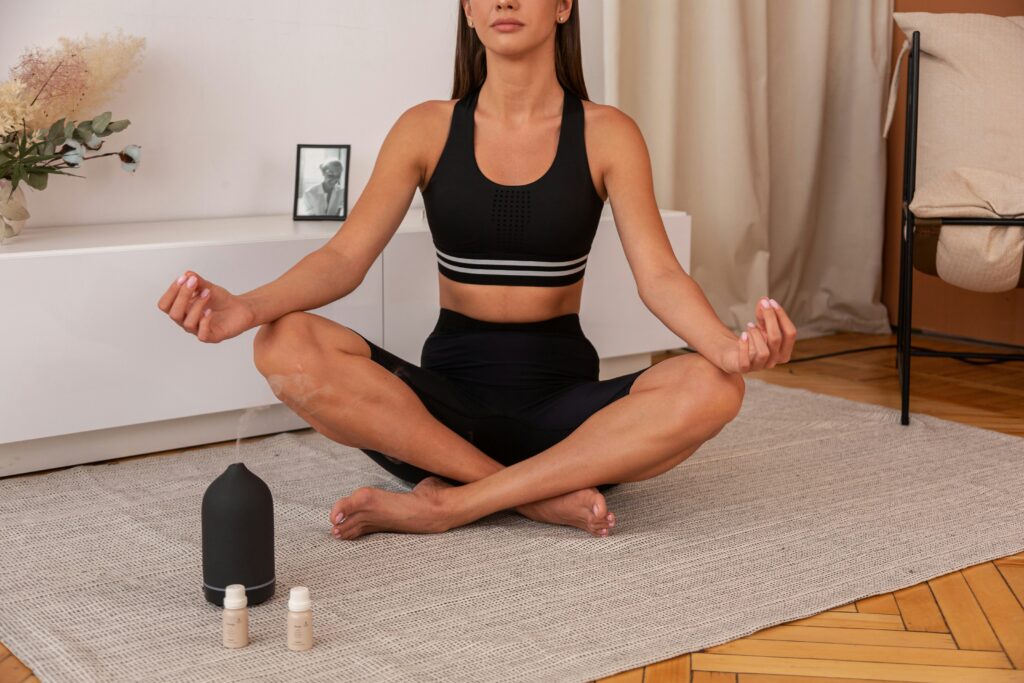
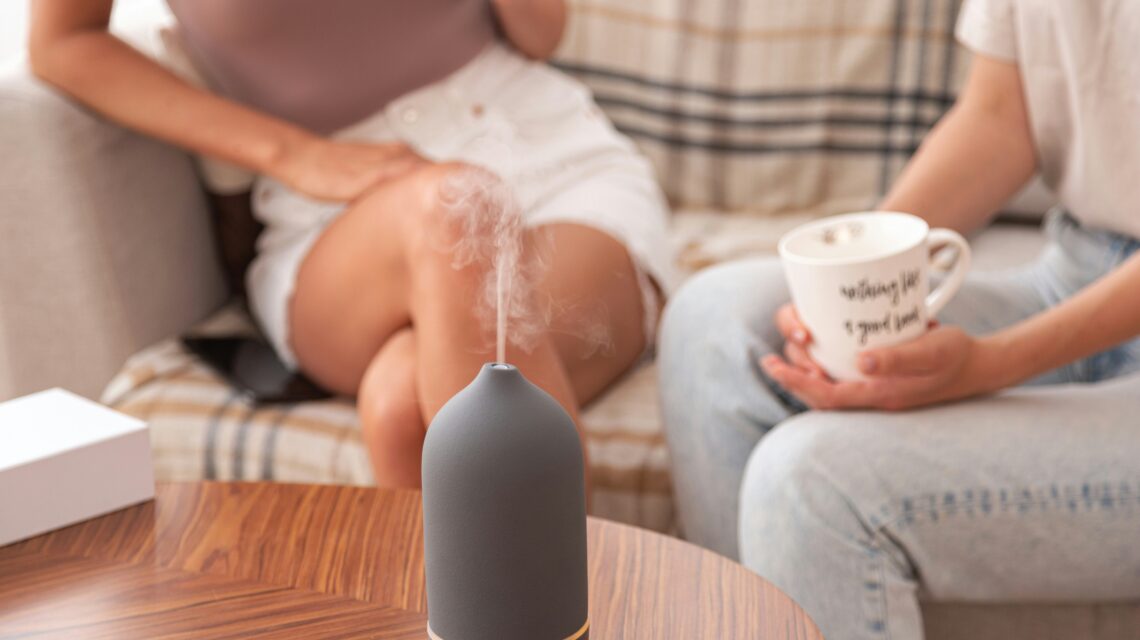
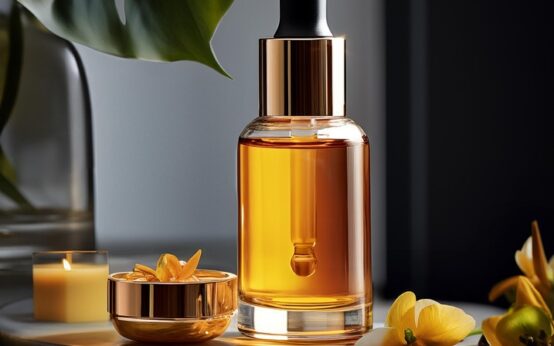 Glowing Skin Secrets: Natural Tips That Really Work
Glowing Skin Secrets: Natural Tips That Really Work  10 Simple Self-Care Practices For Stress Relief
10 Simple Self-Care Practices For Stress Relief  How To Create A Mindfulness Routine For Beginners
How To Create A Mindfulness Routine For Beginners  How To Incorporate Self Care Into Your Daily Life
How To Incorporate Self Care Into Your Daily Life  How To Practice Self Compassion: Tips And Techniques
How To Practice Self Compassion: Tips And Techniques  Mindfulness for Personal Growth: How Being Present Can Transform Your Life
Mindfulness for Personal Growth: How Being Present Can Transform Your Life  How To Create A Skincare Routine For Oily Skin
How To Create A Skincare Routine For Oily Skin  The Best Ingredients For Anti-Aging Skincare
The Best Ingredients For Anti-Aging Skincare  Skincare Myths That Are Wrecking Your Glow
Skincare Myths That Are Wrecking Your Glow  Natural Skincare 101: Everything you Need to Know
Natural Skincare 101: Everything you Need to Know  The Ultimate Guide To Sunscreen: What You Need To Know
The Ultimate Guide To Sunscreen: What You Need To Know  Guide to the Best Anti acne Products for Clear Skin
Guide to the Best Anti acne Products for Clear Skin